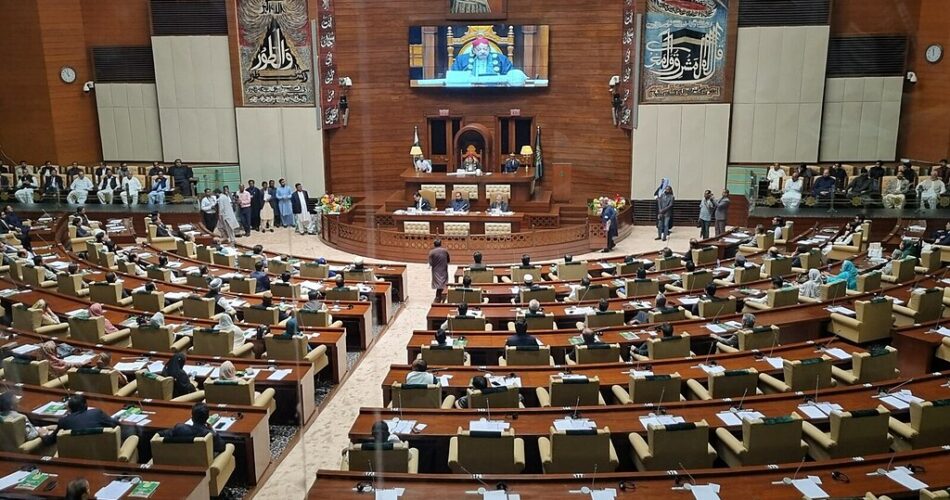This is a first in history.
Anthony Naveed, a Christian politician, recently made history by becoming the first Christian Deputy Speaker of the Sindh Provincial Assembly. Representing the Pakistan People’s Party (PPP), Naveed secured victory with 111 out of 147 votes, defeating his opponent Advocate Rashid Khan of the Muttahida Qaumi Movement.
Hailing from Karachi, Naveed’s background is humble, born into a modest Catholic family. Despite facing personal challenges and discrimination, he has remained dedicated to community service, serving in various capacities such as vice president of the Karachi Christian Boys Association and representing the Catholic Youth Commission of Pakistan. Naveed’s commitment to his community is evident as he continues to reside in Akhtar Colony, where he was born, married, and raised his children.
Naveed’s political journey began in 2005 when he contested as a vice-chairman in Karachi’s local government election under the PPP banner. Over the years, he has risen through the ranks within the party, serving as a special assistant to the Sindh chief minister before being nominated as a reserved seat candidate in the Sindh Assembly in 2018.
Expressing gratitude to the PPP leadership, particularly Bilawal Bhutto-Zardari, Naveed highlighted the party’s commitment to protecting the rights of all minorities, including Christians, and empowering them socially, politically, and economically. As Deputy Speaker, Naveed aims to advocate for the interests of religious minorities in Sindh, leveraging his position to address their challenges.
Naveed’s election has been praised by Christian rights activists, who view it as a step towards addressing the sense of deprivation within marginalized communities. They commend the PPP’s inclusivity and hope other political parties will follow suit by providing more opportunities for minority representation in mainstream politics. Activists believe that Naveed’s election signifies the beginning of political mainstreaming for the Christian community, advocating for broader representation in electoral contests to effectively address community issues on a larger platform.
